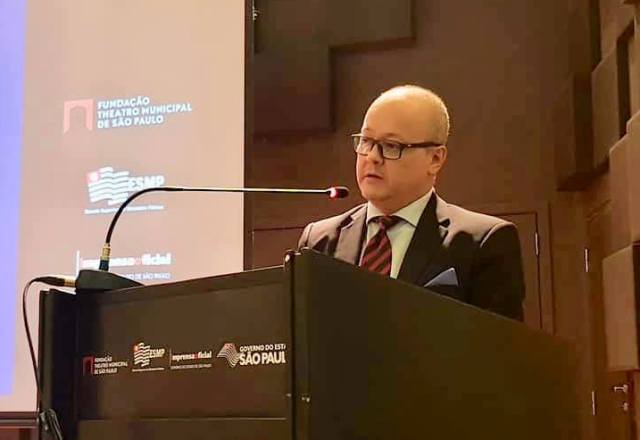105 years of the Armenian Genocide and the COVID-19 Pandemic Crisis: what does history teach?

April 24 is approaching, and reminds us of the 105th commemoration year of the genocide of the Armenian people, committed by the Ottoman Empire – one of the main historical events influencing the course of history throughout the 20th century, as well as in the beginning of the 21st century.
With approximately one and a half million victims, as well as thousands of orphans who would start the diaspora of the Armenian people around the world, among several lessons that this terrible dark page inherited by world historyof civilization, I would emphasize the fact that among so many consequences that the experience revealed to sovereign nations, we must point out how it is not possible to conceive a harmonious and peaceful international coexistence, except if based on the cooperation and progress of the nations.
Just as the genocide committed against the African people – especially against the Namas and Hereros between 1904 and 1907, by the German Empire, so did the genocide of the Armenian people was ignored by most of the governments, then at war in what became the first major conflict worldwide. Despite the constant and insistent information transmitted to the world, at the time, by names such as the American Ambassador Henry Morgenthau or the President of the United States, Woodrow Wilson, the 28th President of the U.S.A. (1913-1921) – a list to which can also be added the headlines of important media, at the time, such as The New York Times, The Washington Post, The Times, TheToronto Stars among others – not only outcried to the world about this genocide that is now considered as the first genocide of the 20th century perpetrated by a State against its own citizens, but it has also remained unpunished and unrecognized letting Turkish state get away with this, to this day. This lack of accountability, despite the provisions of the Treaty of Versailles (1919) that provided for trials, certainly contributed to different perspectives for the Holocaust that would be committed by the Nazis. Even more, the denialist process regarding the genocide which now is a105-years-old historical event, remains present in part of the narratives that disregard the historical, forensic, documentary and testimonial evidence that prove to the world what the human being subjected to racist, fanatical and hatred ideologies and regimes is capable of.
By this year, civilization reaches the 105th anniversary of the Armenian genocide facing one of the greatest challenges posed since the end of the Second World War, which is forced to face one of the worst pandemics caused by the presence of the COVID-19 virus in all continents and countries and cause of unexpected large number of deaths so far. It threatens the civilization, contemporary world order, with all its developed technology, which is not capable, in the short term, to find a definitive solution for the elimination of the aforementioned virus and its rapid progress.
But what connection does this difficult scenario have with the genocide of the Armenian people committed by the Ottoman Empire? There are two possibilities and the paths that the world and its governments may choose: to close their borders and choose isolation and false nationalism whose consequences are still, for the most part, unpredictable or, as written by Yuval Noah Harari in his recent article published by Financial Times“The World After the Coronavirus”, strengthen global solidarity and strengthen international relations between sovereign states and international organizations, aiming at a more promising future, especially in view of the probable increase of poverty, unemployment and starving, which are expected in the world as consequence of the economical processesresulted from this pandemic scenario.
In this sense, the two historical experiences discussed above reveal an inexhaustible truth that is evidently timeless: it is international solidarity, respect and cooperation between States and nations, based on the prevalence of human rights, respect for science and its achievements, information sharing and, finally, combating the denial of proven historical and scientific truths, which will lead humanity to a better future and attentive to global historical memory.
In the same way that the denial of the genocide of the Armenian people keeps open wounds – genocide is a transgenerational crime – the denial of science by some populist and authoritarian rulers and chief of States, currently in power in some countries, could cause the death of thousands of innocent people.
When history speaks, its voice is immortalized by the consequences of those who listen to it, or not.
Flávio de Leão Bastos Pereira
Flávio de Leão Bastos PereiraisPhD of Political and Economic Law, Professor of Human Rights and Constitutional Law at Mackenzie Presbyterian University (São Paulo, Brazil). Expert in genocide and human rights by the International Institute for Genocide and Human Rights Studies – Zoryan Institute / University of Toronto. Member of the Roster of Experts of the International Nuremberg Principles Academy (Nuremberg, Germany). Author of the book “Genocide of the Brazilian Indigenous Nations – Development Between 1964 and 1985”, published in 2018.

























